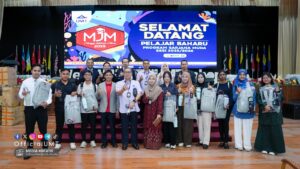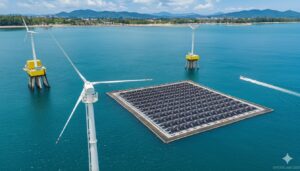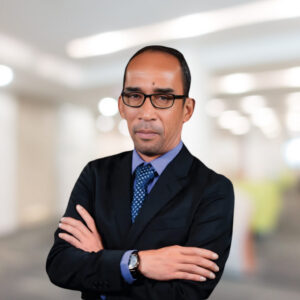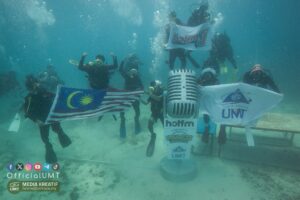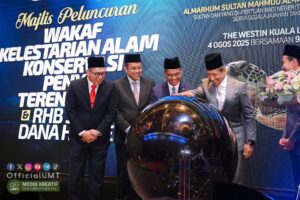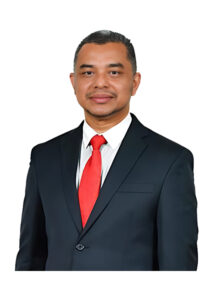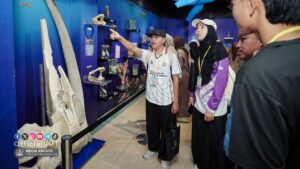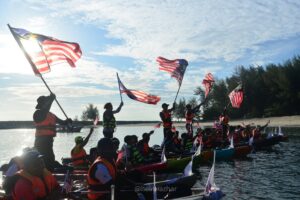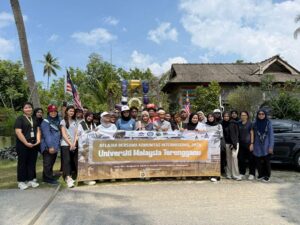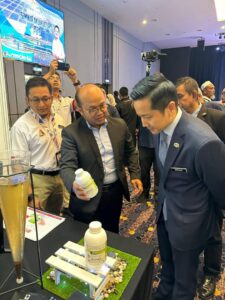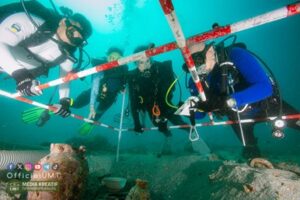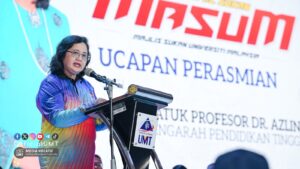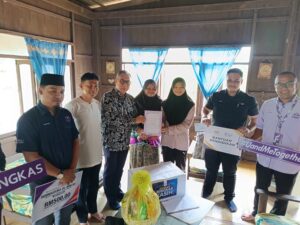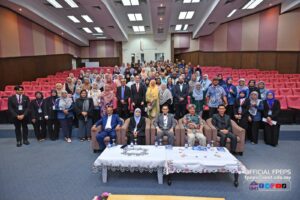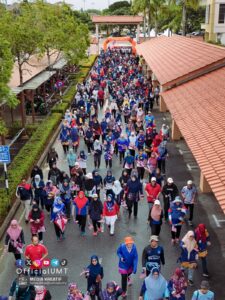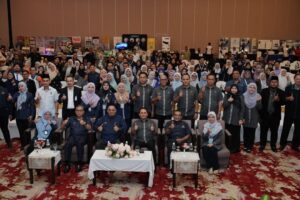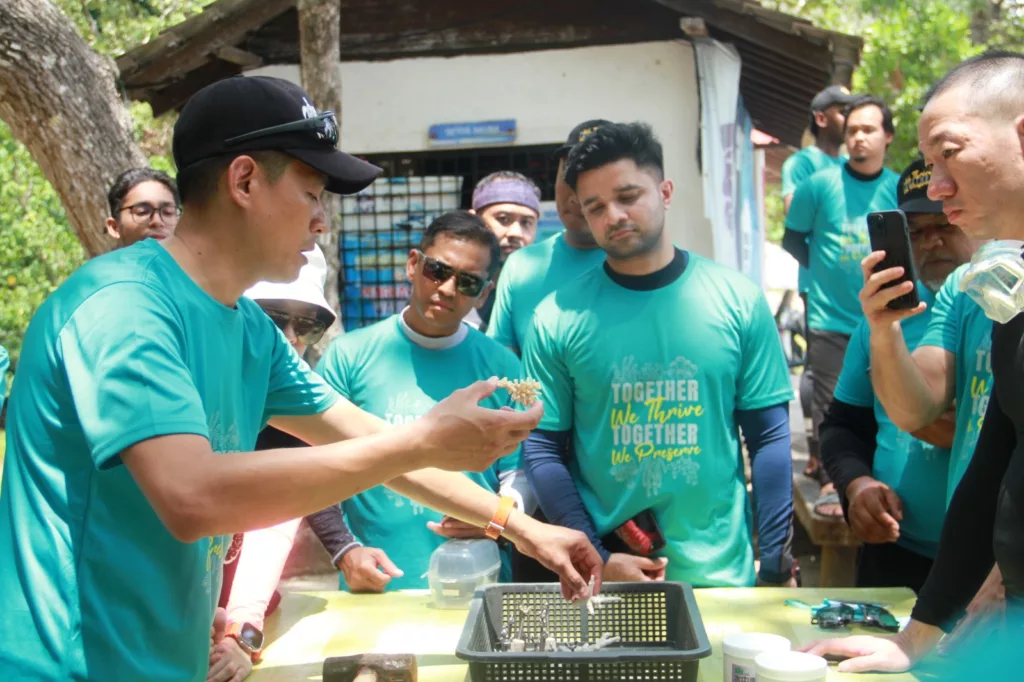
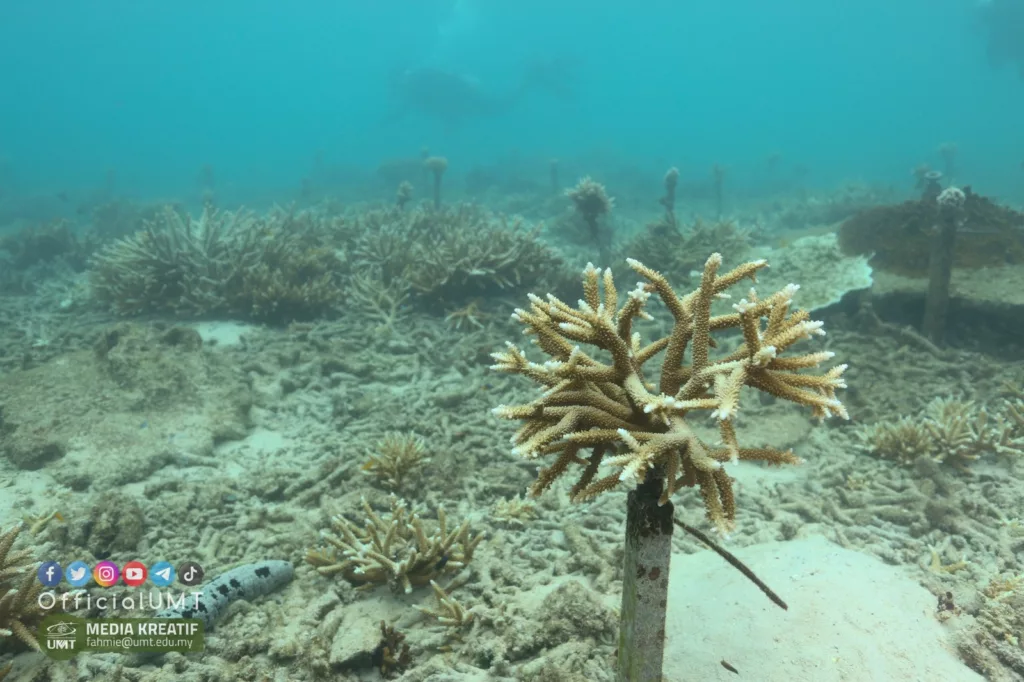
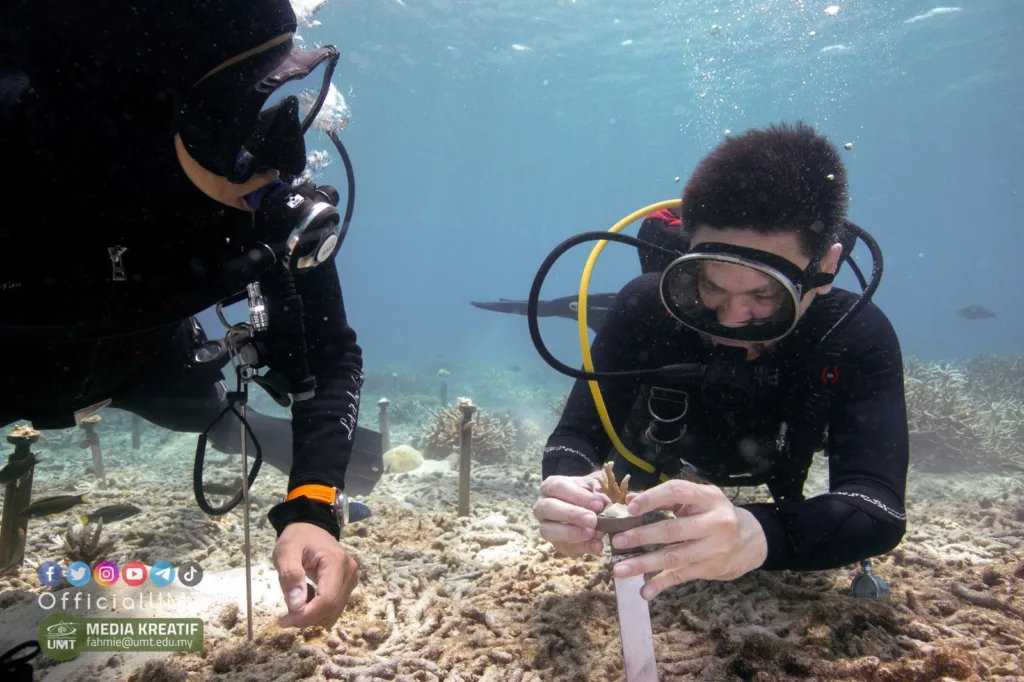
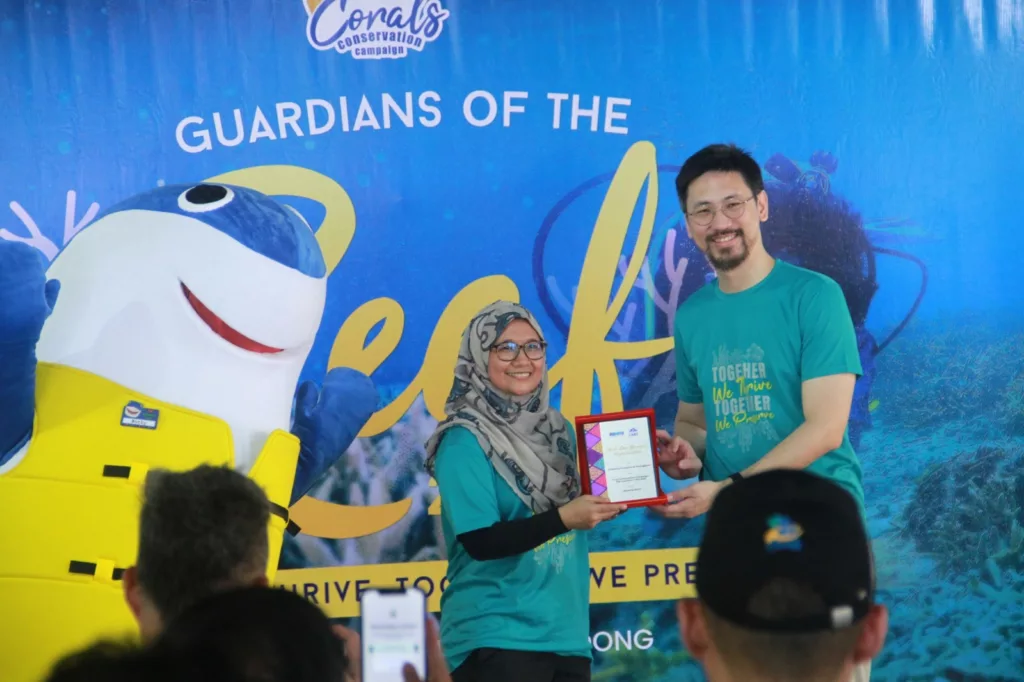
Coral reefs a unique ecosystem
Thursday, 29/5/2024
Share This Article :
Coral reefs are a type of animal that are rich in diversity and have an important role in the stability of the marine ecosystem.
Among the functions of coral reefs are to protect the beaches from the waves and provide food for the marine lives especially young fishes.
This indirectly shows the connection between coral reefs, fishes, and humans, considering that fishes are an important source of protein for humans and a source of income for the fishermen.
However, coral reefs have been dwindling in numbers and are facing extinction because of several factors such as climate uncertainty, habitat destruction, and ocean pollution, and these issues need proactive actions from every level of society.
Various initiatives have been carried out by the government, NGOs, and private agencies in an effort to conserve the marine ecosystem especially coral reefs, but a long-term plan is still needed.
Realizing this, Universiti Malaysia Terengganu (UMT) and Aquaria have joined forces to continue the coral reef conservation project through the Coral Reef Conservation Programme 3.0 on the waters of Bidong Island, Terengganu.
UMT Deputy Vice Chancellor (Research and Innovation) Prof. Dr. Marinah Ariffin said the initiative is significant to ensure the sustainability of the marine lives for future generations.
“We at UMT always welcome other agencies to collaborate with use in conservation projects related to marine to ensure the ecosystem remains sustainable.
“The marine ecosystem is closely connected to the natural environment ecosystem and this kid of conservation project is for the future generations.
She said the effort undertaken by UMT researcher Assoc. Prof. Dr. Tan Chun Hong in collaboration with Aquaria KLCC has the potential to attract more parties from outside to work together to handle issues related to the environment.
Meanwhile, Aquawalk Group Executive Director said the partnership has enabled the Coral Reef Conservation 3.0 project to be continued, this time with the concept of foster corals being introduced. The previous two series of the project that has been implemented five years ago involved a fund of RM300,000.
Last year, UMT and Aquaria introduced a programme where 1,000 coral reefs were planted. The programme has borne fruit when the coral reef growth was measured at 10cm for the eight-month period.
Published by:
Corporate Communications Office
Universiti Malaysia Terengganu

